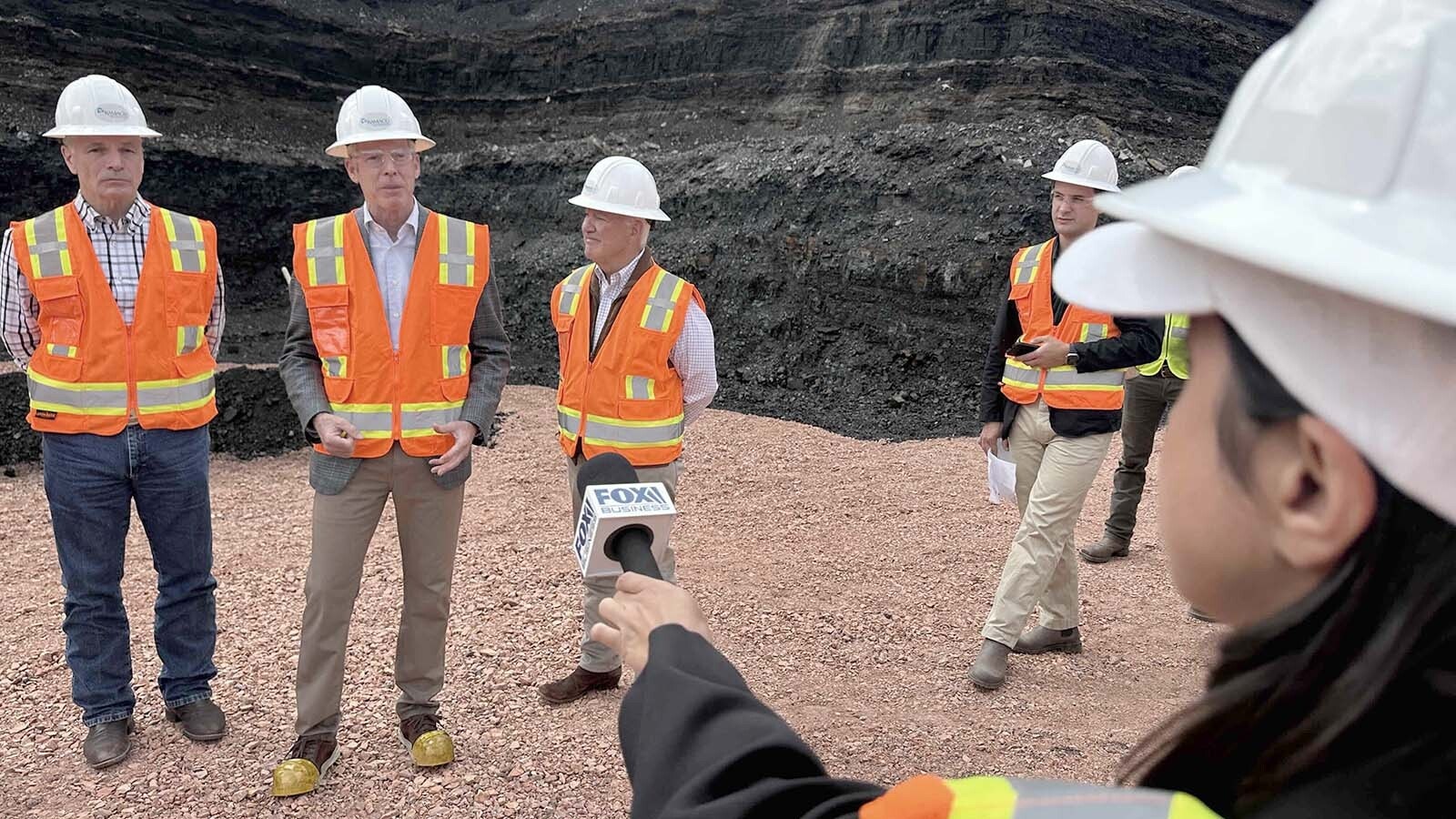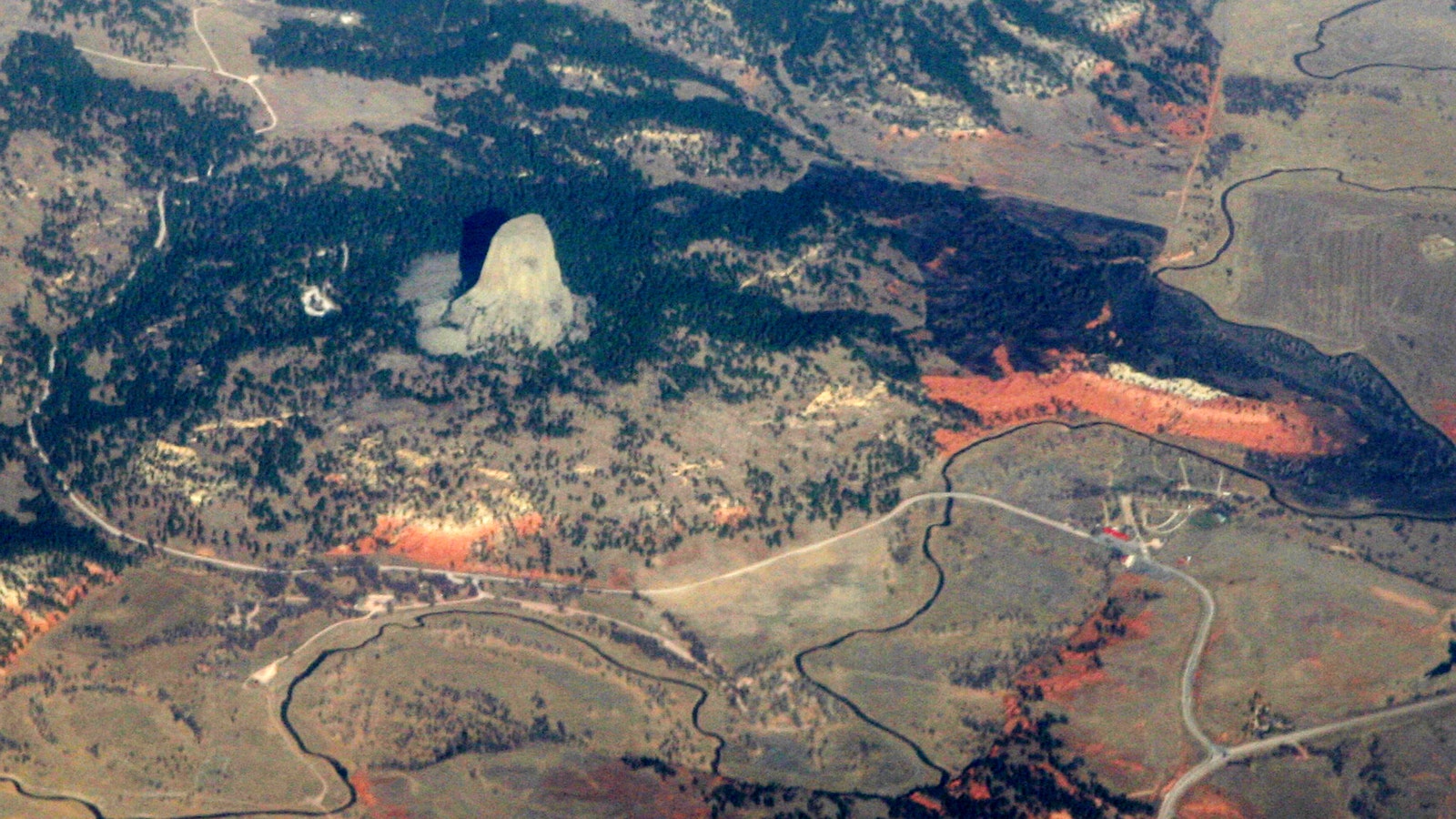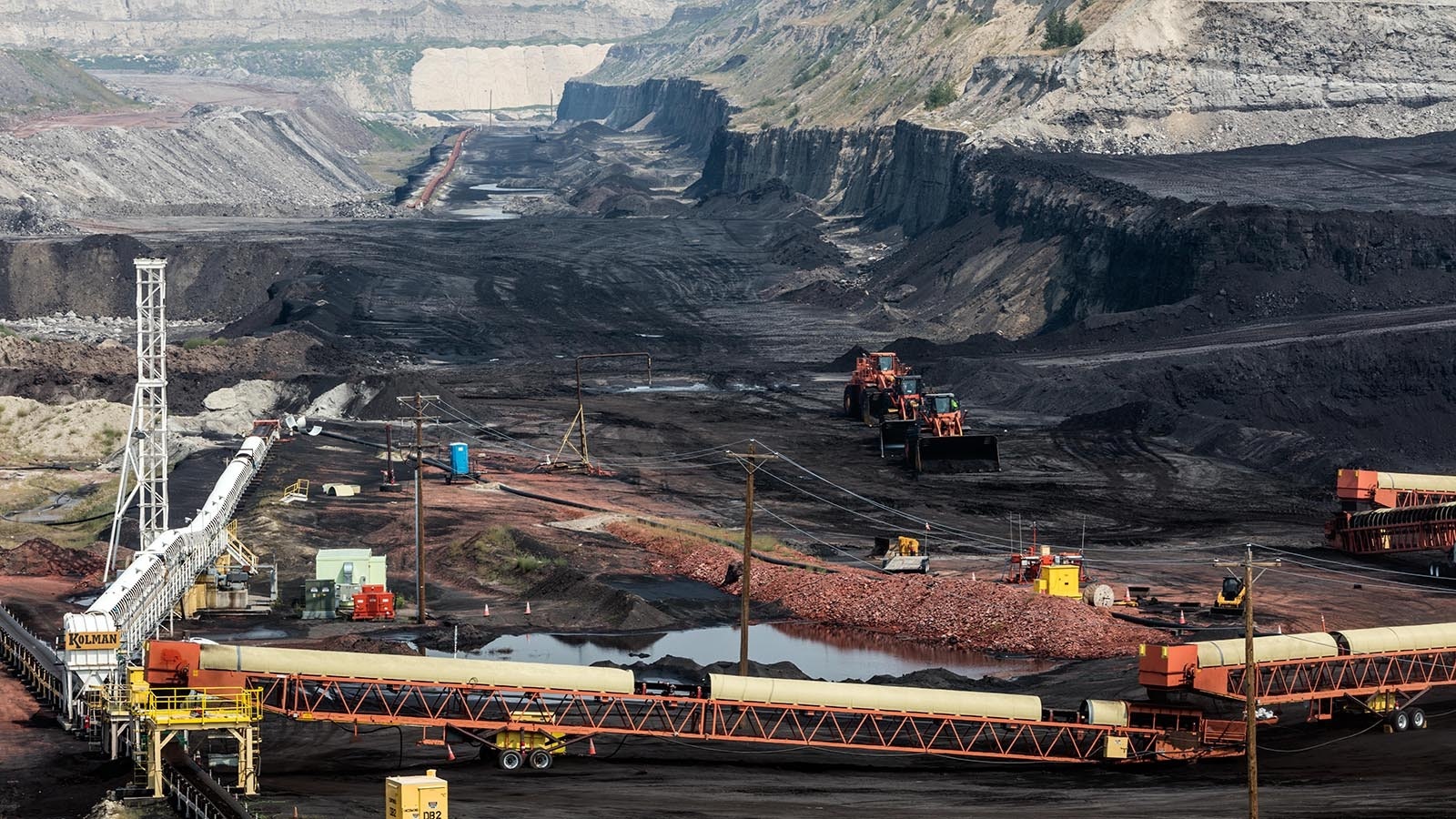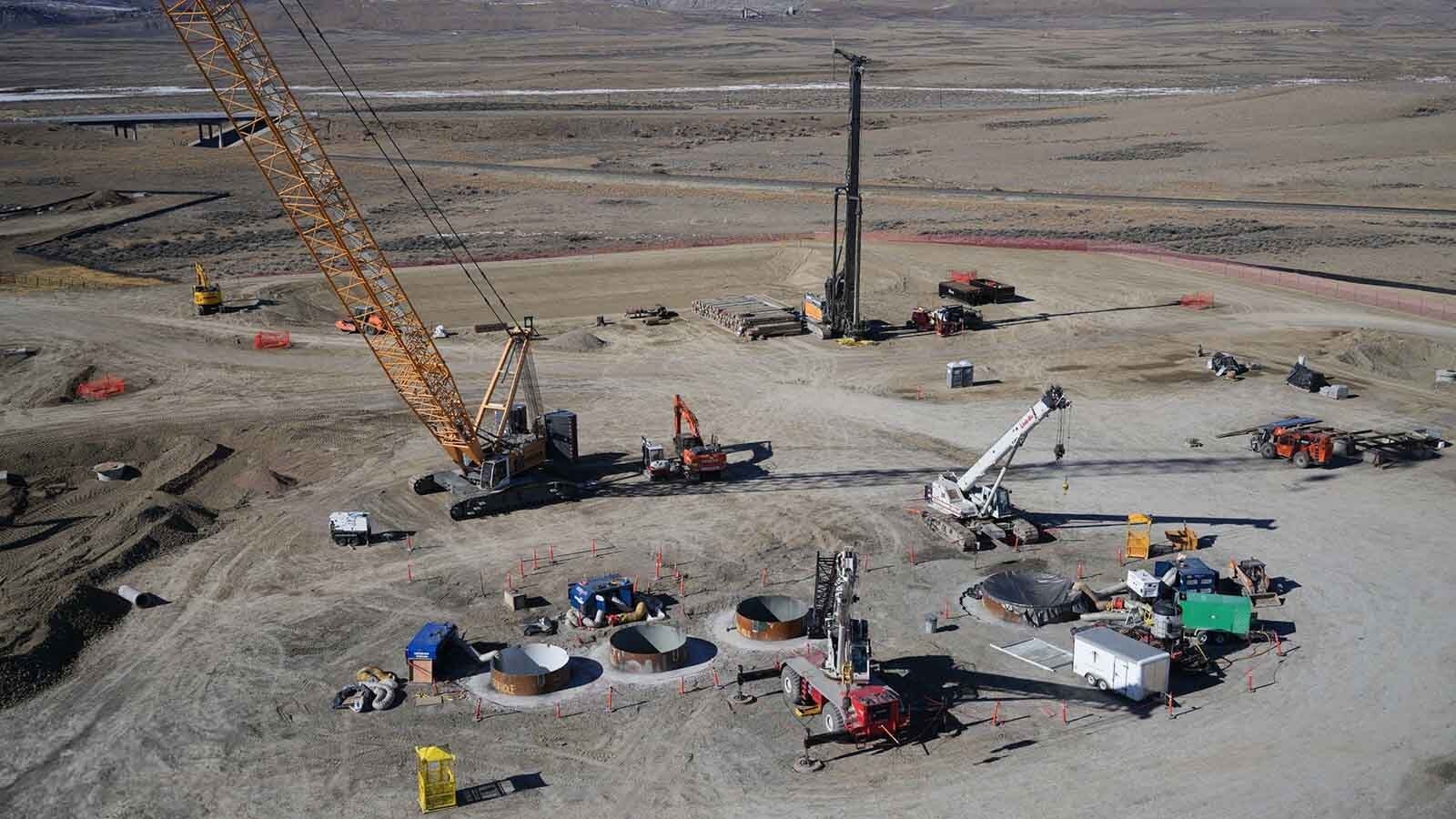The state of California has joined in a nationwide deluge of climate lawsuits against oil companies.
California's lawsuit against multiple oil companies and the industry’s biggest lobby, the American Petroleum Institute, alleges that the defendants misled consumers about climate change for decades.
“Defendants’ own scientists knew as early as the 1950s that these climate impacts would be catastrophic,” California claims in the suit.
The suit is seeking money for alleged damages but doesn’t ask that the companies be stopped from producing oil and gas.
Wave Of Suits
The suit follows similar suits in Colorado and Oregon.
New York launched a nearly identical case against ExxonMobil, which failed after four years and millions of pages of documents produced by Exxon.
Our Children’s Trust, an anti-fossil fuel group that uses children to launch lawsuits in an effort to effect policy changes through state court systems, coordinated a successful suit against the state of Montana last summer.
In that case, the young plaintiffs argued that the state’s constitutional guarantees for a safe and healthy environment were violated because Montana law bars the state from considering global greenhouse gasses when permitting oil and gas projects.
The suit’s success has likely emboldened other lawsuits, and Our Children’s Trust is now coordinating young people for a similar suit in Hawaii.
Sympathetic Judges
Ryan McConnaughey, spokesperson for the Petroleum Association of Wyoming, told Cowboy State Daily that this wave of suits is a tactic that anti-fossil fuel groups are using to shut down oil and gas.
“They’re trying to attack the industry from every avenue they can, and they’ve found some success with sympathetic judges,” McConnaughey said.
The complaint California filed makes no acknowledgement that fossil fuels have anything but negative impacts.
For example, the lawsuit alleges that oil companies have done great harm to agriculture. Yet, diesel powered farm equipment and modern fertilizers are derived from natural gas — both of which have greatly increased farming yields in the modern era.
The implication is that absent these technologies, farming would be better off.
“It would come as no surprise that California would be trying to push this without recognizing any sort of benefits that the industry provides, and it is tough,” McConnaughey said.
Lacking Scientific Merit
This is not the first time that oil companies have been accused of hiding knowledge of climate change. In these cases, the companies' researchers were speculating on the problem with as much knowledge as was known at the time.
They had no more knowledge than any other researchers studying climate change — and just as much doubt.
While California’s suit claims that the companies’ scientists knew that climate impacts would be catastrophic, this would dispute, if true, the research of the International Panel on Climate Change (IPCC), a consortium of the world’s leading scientists.
Roger Pielke Jr., professor of environmental studies at the University of Colorado at Boulder, published a series of articles on “The Honest Broker” that details how much uncertainty and nuance there is in the IPCC’s research on the connection of human-caused global warming and extreme weather.
Nothing in the IPCC research suggests with any certainty that global warming will produce catastrophic outcomes.
Dr. Matt Wielicki, on his “Irrational Fear” Substack, discusses many of California’s complaints, such as heat waves and droughts, and demonstrates they don’t align with observations.
Scapegoating
The California lawsuit also doesn’t demand that oil companies stop producing oil, which would seem to be a reasonable remedy to be sought if a product was as harmful as the state claims.
Instead, the state is only seeking to be compensated for the harms it alleges are the result of its residents willingly buying and using products the companies produce.
Tim Stewart, president of the U.S. Oil and Gas Association, told Cowboy State Daily that California Gov. Gavin Newsom is just trying to distract from the failures of his leadership by trying to blame the oil and gas industry for the state’s problems.
Under Newsom’s leadership, the state has the highest taxes in the U.S. but runs a $20 billion deficit. Its electricity grid faces serious shortages during periods of high temperatures, which it was spared this summer despite oil companies supposedly driving massive heat waves, according to the suit.
“California is falling apart; he needs a scapegoat. He has found Big Oil,” Stewart said.
Lawsuit Industry
It’s unlikely that the state of Wyoming will sue oil and gas companies, and the constitutional provisions that were the basis for the Montana lawsuit don’t exist in Wyoming.
Still, it’s possible for anti-fossil fuel groups to sue oil companies using the same reasoning as the climate suits in California, Colorado and Oregon.
And there’s a lot of money to be made doing it.
With the success in Montana bringing Our Children’s Trust a lot of prestige, there are likely a lot of donations rolling in to the group.
“I think anytime they get a little success through the courts, that just encourages them even more. It’s an opportunity for them to fundraise with their supporters, which has become a big business for these anti-oil and gas entities,” McConnaughey said.
Stewart points out that, while California may be hungry to get money from oil companies, its residents love the products they produce.
In California, 93% of households own a vehicle, of which 1.6% are electric.
“Fossil fuels get people to work and move goods and services all over the state, but in a one-party state like California, we have to call it like it is,” Stewart said. “It is scapegoating the one industry that keeps powering the California economy and has done so for 100 years.”





